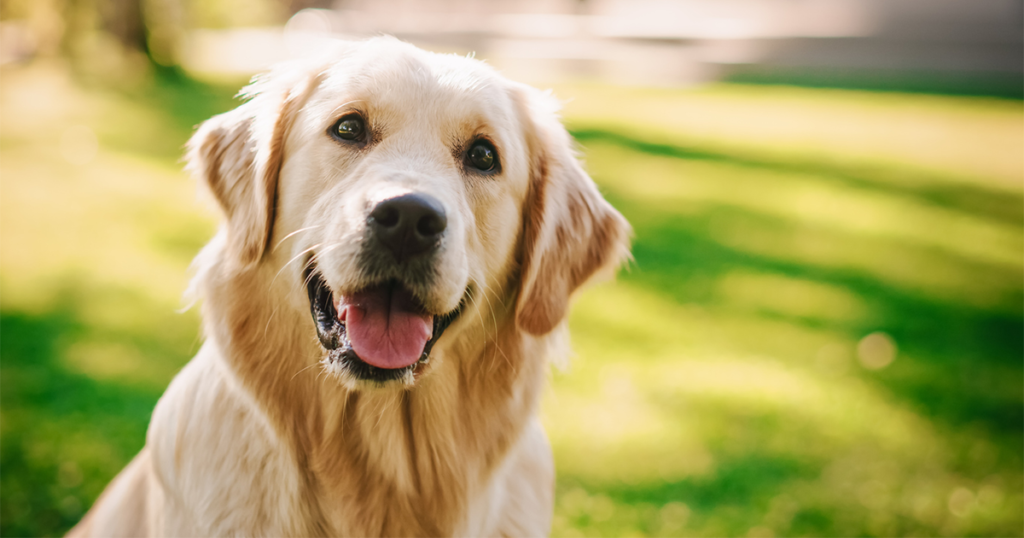
Golden retrievers remain to be one of the most sought-after dog breeds in the entire world. After all, who would not want to have such a playful, loyal, and friendly canine buddy? Even though golden retrievers have become more and more common, not a lot of people actually understand the effort required to take good care of this beautiful breed.
In this article, we are going to provide you with a detailed guide on the proper way of taking care of golden retrievers. We are going to talk about specific topics on how to raise golden retriever puppies, the correct training methods, discipline strategies, and the proper vet appointment and scheduling for dogs. Hopefully, after having read this article, you will be more prepared to take care of your very own golden retriever.
Raising Golden Retriever Puppies
Similar to virtually all other dog breeds, golden retriever puppies have to be by their mother’s side in order that they be given the proper nutrition through breastfeeding. This means that golden retriever puppies should not be taken away from their mothers for at least three months after they are born. After this period, these puppies can now start to grow independently. As mentioned above, golden retriever puppies are extremely playful and active. They grow curious, and so they prefer to walk around the house or run along the yard. Given this, it’s very important that you pay close attention to where your puppies are hanging out most of the time.
Be aware of certain hazards such as heights, unsanitized areas, and pests. Because they are very active, they are also huge eaters. But do not just go ahead and feed them whatever type of food. The most recommended type of food for puppies is wet dog food. This type of dog food can be served straight from the can or mixed with other food, such as rice or starches. Once they reach six months and above, you can slowly transition to feeding them with kibbles or solid dog food.
Training Them Young
It’s going to be highly advantageous to start training your golden retriever puppies at an early age. Usually, this can be done as early as 4-6 months old. Basic training involves teaching them basic skills and tricks, such as sitting, staying put, fetching, etc. These skills are often easier to teach while they’re still young because this is usually the time that they begin to develop certain habits by way of mimicking or repetitive performance. During this stage, it’s critical that you remain patient and understanding of your pet’s progress.
Some are going to be naturally fast learners, while others may require a higher degree of effort from the owner or handler. That is why it’s always a good idea to remember the value of training them at a young age. Even though it may take a while, it’s going to benefit you a lot in the future when your pups grow older.
Discipline
One of the common issues that a lot of golden retriever owners face is that their pets often grow up with poor manners and discipline. This is partly due to the fact that these dogs are extremely playful and active, but sometimes it’s also the owners who are to blame due to the lack of proper disciplinary measures. Discipline is concerned with how your dog behaves and conducts itself while alone, around you, and around other people. Golden retrievers are quite notorious for developing habits of excessive play biting, gnawing on household items, peeing/defecating at random places, etc.
No matter the type of bad habit that your dog is currently presenting, it’s key that you employ an affirmative reward system for controlling that particular habit. For example, rather than punishing your dog for defecating inside the house, try to reward them if and when they defecate outside. In this way, instead of being afraid of defecating inside, they are now incentivized and conditioned in a positive manner to defecate outside because they will expect a certain reward. This approach has been shown to be more effective than the punishment-based alternative.
Maintenance
The last item that you should take note of is maintenance. Maintenance consists of various components. However, we’re going to primarily focus on visits to the vet. This is perhaps the most basic maintenance procedure you can do. Vet visits should be regular in order to stay on top of your dog’s physical health.
Usually, vet visits start off very frequently when your dog is still a young pup. As they grow to be adults, vet visits are going to be less frequent, usually limited to once or twice a year. Then, as they finally reach their senior years, vet visits are again going to be more frequent and regular due to the rate at which their health deteriorates. If your dog has experienced specific health-related issues, make sure that you do regular follow-ups with your vet to be certain of your pet’s current health condition.

Leave a Reply